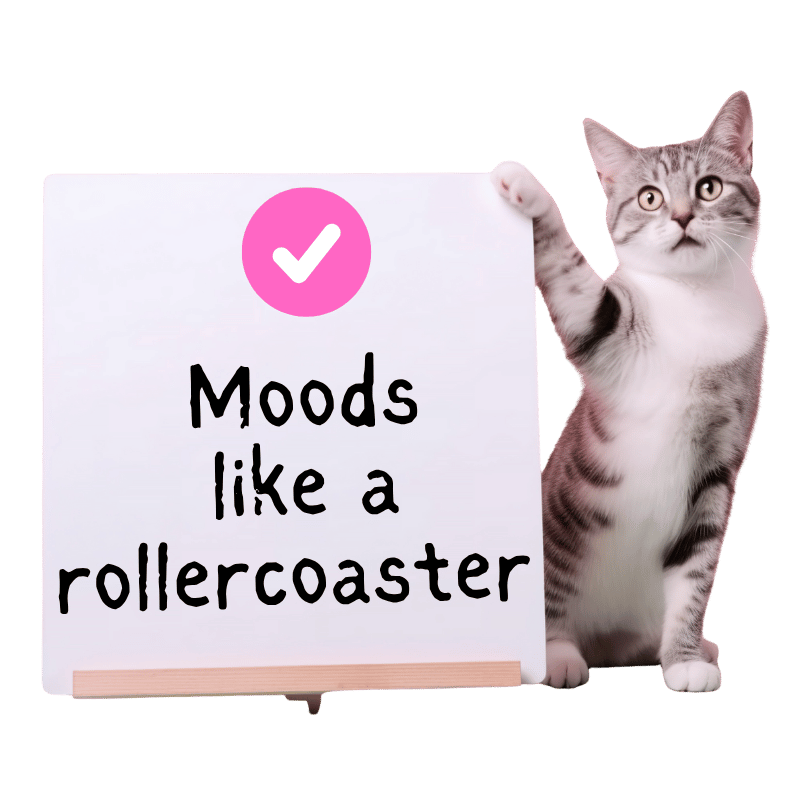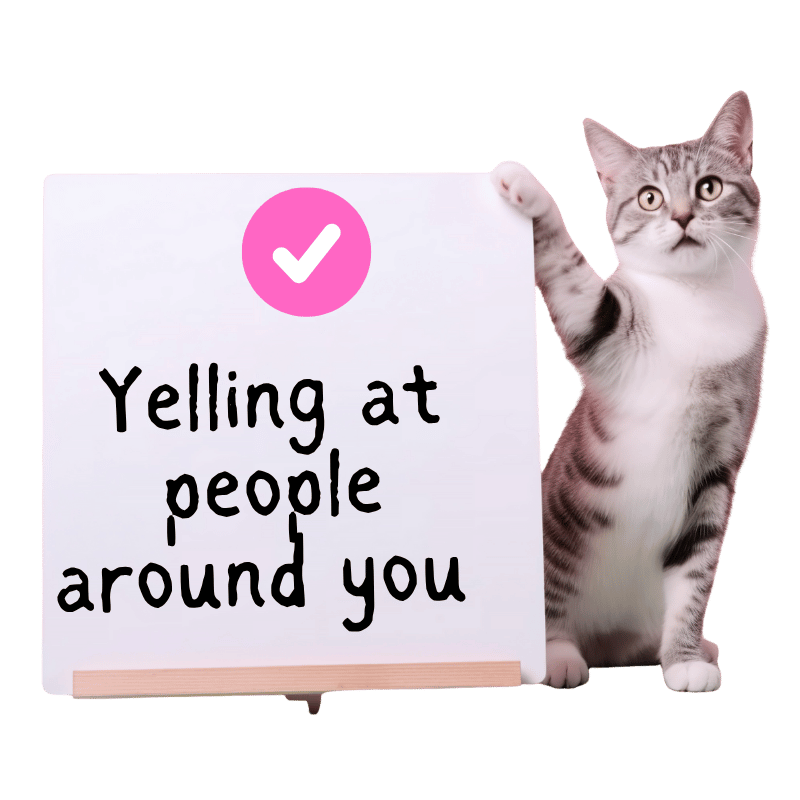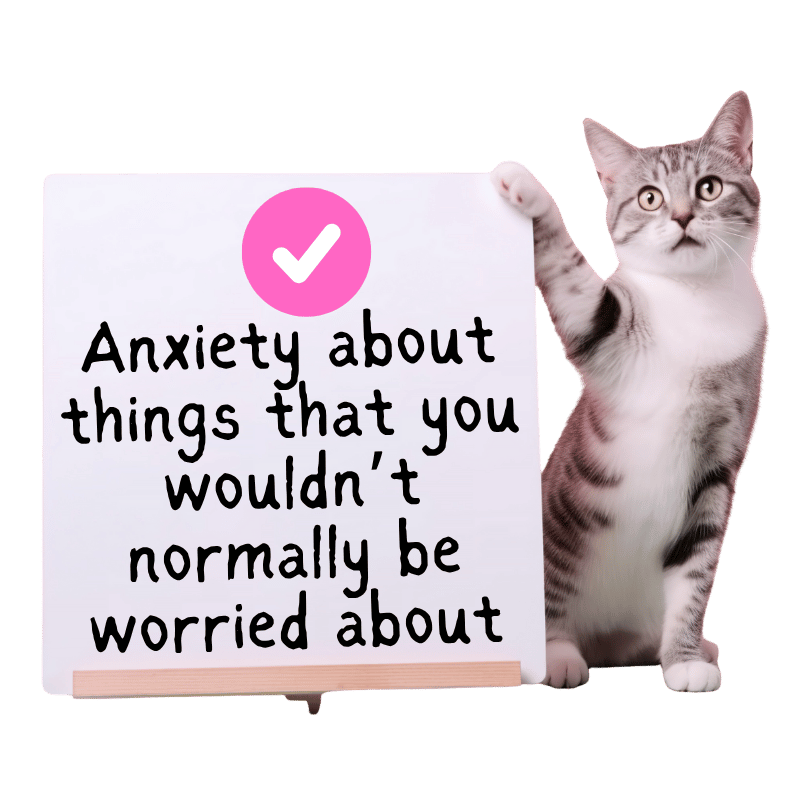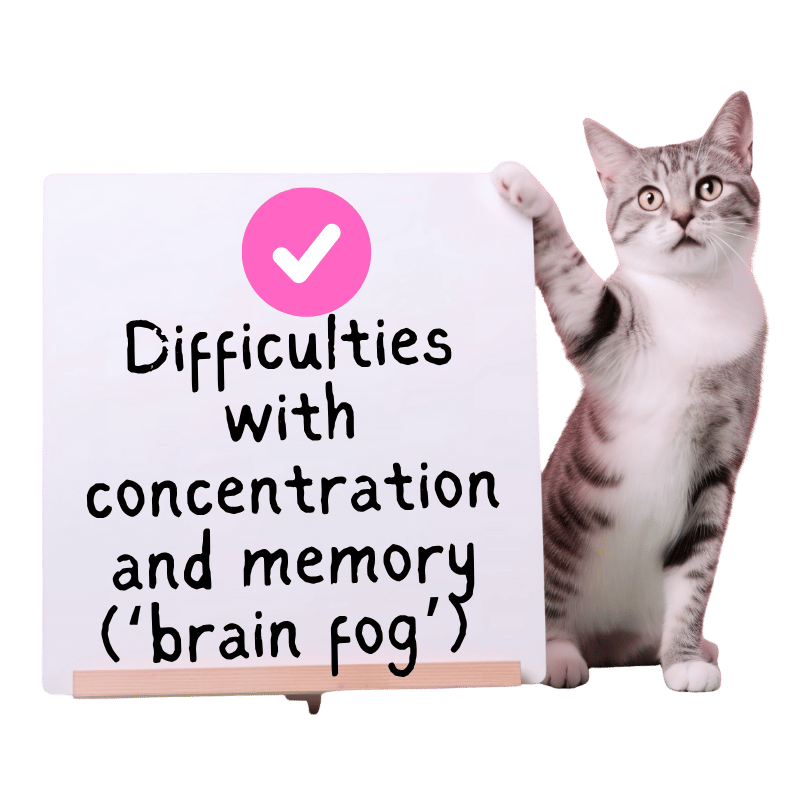Let's Talk about
Menopause...
I want you to move away from the things that don’t serve you or bring you joy start living your life on your own terms. This is especially true for those who find themselves in a situation that doesn’t have a ‘solution’ (such as having a chronic illness or you’re a caregiver). Taking an active part in therapy will give you the tools to heal and thrive.
My goal is for you to feel confident that you have the tools you need to manage the uncomfortable thoughts and feelings that you encounter in life. Because the reality is that life can be So. Freaking. Hard. I want you to feel more hopeful, have healthier relationships, understand patterns of behaviour and learn to accept yourself.
Let's Talk about
Menopause...
IT'S NOT JUST HOT FLASHES!
We hear a lot about the physical changes and symptoms associated with perimenopause and menopause. 75% of Canadian women say perimenopause or menopause has affected their mental health
Have you noticed any of these?






If so, you're not alone!
46%
of women report
depression
75%
report
anxiety
83%
report thinking problems -
like brain fog
You might also be dealing with...
aging
parents
changes in
your sex drive
body image
issues
children
leaving home
worries
about
retirement
changes in
your relatioship with
your partner
feeling like you've
lost your
purpose in life
How can therapy help?
Therapy can improve mental health issues related to peri/menopause and transitions at this time of life by providing a non-judgmental space to sort through all the emotional ups and downs.
It can help with mood swings, anxiety, sleep struggles, or the identity shifts that often come with this stage of life. Having support, practical tools, and a place to talk it out can make the transition feel less overwhelming and more manageable.
What is Menopause?
Menopause is when your periods have stopped for 12 months. This is due to lower hormone levels. Most women go through menopause between the ages of 45 and 55, but it can happen earlier or later. This can be because of lifestyle or your family’s health history. It might also be because of other medications, such as cancer treatments and contraceptives.
What is perimenopause?
Perimenopause is the time leading up to menopause, but your periods haven’t completely stopped. Often starting in your 40s, you may notice changes in your periods, sleep, mood, energy, and memory.
Some other common signs of peri/menopause
Hot flashes
Joint aches
Headaches
Skin changes
Vaginal dryness and itching
Urinary tract infections
Night sweats
What other treatments are available?
You can speak with your family doctor or gynecologist about whether medications are appropriate for you. Menopause Hormone Therapy (previously called hormone replacement therapy or HRT) can help manage many of the unpleasant symptoms of peri/menopause. Some types of antidepressant medications can also help manage hot flashes. Medication combined with therapy can be very effective.

